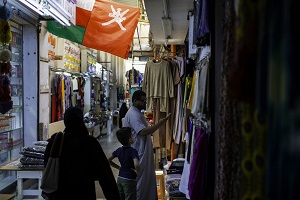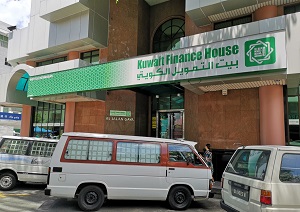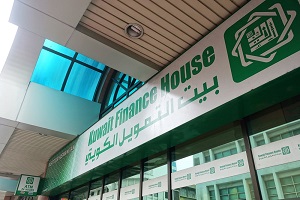
BB/B ratings affirmed for Oman; outlook negative
The sharp decline in oil prices between 2014 and 2016, which accounts for 35 per cent of the Sultanate’s GDP,60 per cent of exports and 70 per cent of fiscal receipts, led to a deterioration in Oman's GDP per capita as well as its fiscal as well as external metrics.
S&P Global has affirmed Oman’s ‘BB’ long and short-term foreign and local currency sovereign credit ratings with a negative outlook.
The rating agency stated that the negative outlook reflects the risk that in the absence of substantial fiscal measures to curtail the government deficit or a more favourable external environment, fiscal and external buffers will continue to erode.
Similarly, the negative outlook also reflects economic analysts’ view that the pace and scope of planned fiscal measures could continue to be insufficient to stem deterioration in the government's balance sheet and curb rising external debt.
Oman’s ratings could be lowered in the next six-12 months if the government is unable to contain external debt accumulation related to still-sizable fiscal deficits, which is expected to continue to increase through 2022.
Additionally, S&P may downgrade Oman if the government's funding costs increase beyond the rating agency’s expectations or if funding pressures rise, with sizable external debt maturities currently scheduled for 2021 and 2022.
Oman postponed the implementation of value-added tax (VAT) to 2021 from 2020, S&P said that the Sultanate’s fiscal gains a will be largely offset by the delay in implementing structural reforms.
However, the Sultanate has made some strides toward diversification away from hydrocarbon; however, Oman’s fiscal deficit will remain high against a backdrop of weak oil prices.
S&P said that its ratings on Oman are supported by the country's modest net government debt stock levels of 0.4 per cent in 2019, which is underpinned by relatively strong liquid government asset stocks estimated at about 50 per cent of GDP.
The rating agency expects Oman to receive support from its oil-rich GCC neighbours if the Sultanate extends its bowl to them in the event of a significant deterioration in the external reserves.
The government’s recently introduced National Programme for Fiscal Balance (Tawazun), is expected to fast track fiscal consolidation by cutting spending and improving revenue collection.
According to S&P, depending on how the Tawazun programme's concrete measures and implementation timelines progress over the coming months, fiscal pressure may reduce in the medium term.
Additionally, the near-term planned privatisation of two State Owned Enterprises (SOEs) is also expected to provide some temporary fiscal relief.




